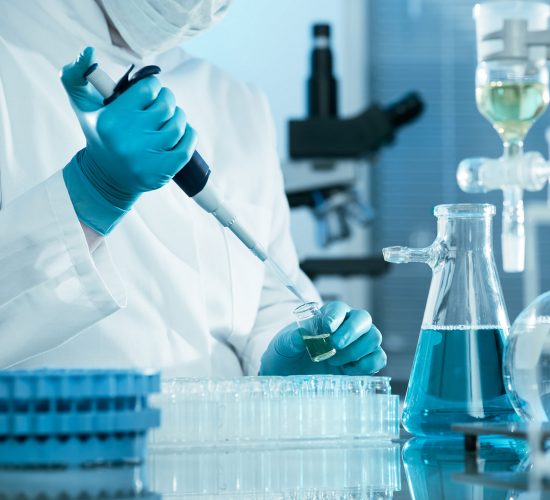After completion of this course each student would be able to:

The Electrical Technology is a compulsory course and has been offered by the Department of Electrical Engineering.
|
CLO |
Description |
Taxonomy-Cognitive (minimum Level) |
Mapping with PLOs |
|
1 |
DEFINE the basic concepts of electrical quantities and laws. |
C1 |
1 |
|
2 |
EXPRESS comprehensive knowledge or electrical circuit , magnetic circuit |
C2 |
1 |
|
3 |
EXPLAIN the construction and working of the electrical machines. |
C2 |
1 |
|
4 |
INTRODUCE energy storage and management |
C1 |
1 |
|
5 |
DEMONSTRATE the experiments and analyses the behavior of resistance, capacitance , batteries and electrical machines |
P3 |
4 |
Course Contents:
Current, Voltage, Potential difference, power, types of loads, Resistance, Capacitor, Inductor, and Ohm’s Law.
Single Phase Circuit, Three Phase Circuits, interconnections of three phase star and delta circuits, power factors improvement, faults detection and removal.
Generation of alternating E.M.F in a rotating coil. Relationship between frequency, speed and number of pole pairs. Instantaneous, peak, average and R.M.S. values of A.C currents and voltages.
Generators: Fundamentals of D.C. generators; types and characteristics, e.m.f. equation, voltage regulation. Motors: speed and torque equation; types and characteristics. Starting and speed control of motors, braking and reversing.
E.M.F. of elementary alternators, rotating magnetic field. Types and characteristics of induction motors, Single phase induction motor, poly-phase induction motors. Slip losses and efficiency of induction motor.
Introduction to Batteries, primary and secondary batteries, batteries types, and construction of batteries.
Energy conversion, power consumption types, energy audit, loads forecasting.
Delta-star-delta transformation, Parallel operation of D.C generators and it characteristics. Measurement of primary/ secondary voltages of number of turns, use of ammeter, voltmeter for measuring current and voltage of motor, generator, etc. measurement of torque of motor. Characteristics of induction motors, measurement of power and power factor study of oscilloscope; other measuring instruments.

